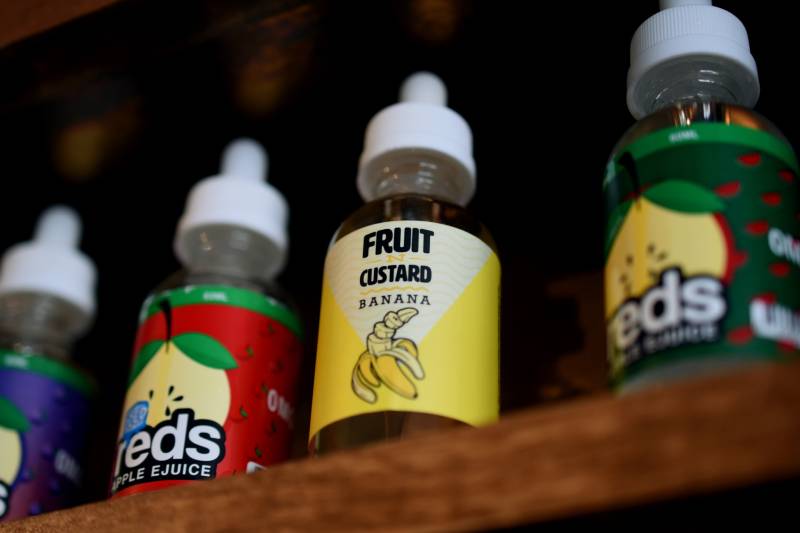California is often at the cutting edge of public policy, so it isn’t rare that one of its laws ends up before the nation’s highest court. But that doesn’t always mean the more conservative U.S. Supreme Court is quick to throw out these laws.
Monday, for instance, the court decided, without comment, not to hear a challenge from the tobacco industry to the state’s ban on flavored tobacco products.
The case stems from a 2020 law that bans the sale of certain flavored tobacco products and menthol cigarettes. The law was intended to protect kids and teens, who are often the targets of flavored tobacco ads and sometimes start with flavored tobacco products before becoming smokers.
But quickly after the law was passed, tobacco companies funded and qualified a referendum to overturn the law. However, the results did not go in their favor as Californians easily passed Proposition 31 in November 2022 and upheld the ban. Within days, R.J. Reynolds and other tobacco companies filed a lawsuit. They took it to the Supreme Court, arguing that the U.S. Food and Drug Administration, not individual states, has the power to regulate cigarette sales.
